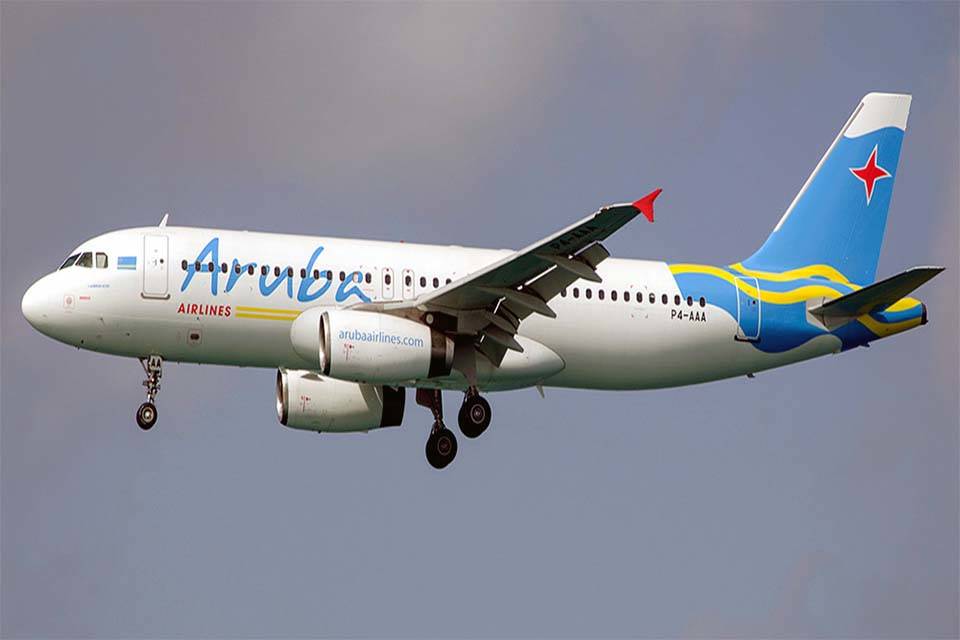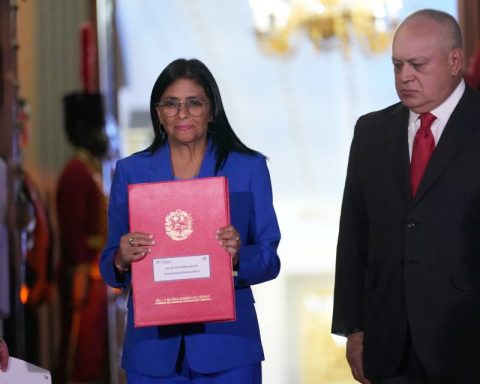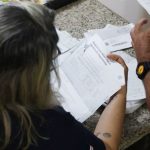The resumption of air traffic between Aruba and Venezuela is still a complicated matter, since the representatives of the Kingdom of the Netherlands ruled out fully committing to the reopening. The Curaçao authorities explained that the reopening of the borders to these ships was to reduce the high cost of food, but that it was also crucial for air traffic with Venezuela, since that way people could return to their country of origin.
Senior Venezuelan officials have decided in Curaçao to extend until April 30 a restriction on flights to this country, as well as to Aruba and Bonaire, after failing to reach an agreement on the reopening of the borders.
A delegation of Venezuelan officials, together with counterparts from Aruba, Bonaire and Curaçao and the Dutch Kingdom, met to try to resume air and maritime traffic that has been suspended since 2019 due to a unilateral decision made by Venezuela.
According to a spokesperson, the intention was to announce the first phase of the reopening, which included vessels, and hold meetings to discuss the resumption of air traffic. AND
The Curaçao government assured that the negotiations were carried out in a “cordial” manner and “in a good atmosphere.”
*Read also Fedecámaras meets with Aruban businessmen with a view to reopening the border
However, the resumption of air traffic is still a complicated matter, since the representatives of the Kingdom of the Netherlands ruled out fully committing to the reopening.
This provoked opposition from Venezuelan officials, who then decided to put more pressure on the Dutch authorities by threatening to impose a no-fly zone between neighboring countries for three months.
Last January, the Government of Venezuela assured that “together with the Dutch Kingdom, we would work with a gradual reopening of the borders with the Caribbean islands.”
For his part, the Prime Minister of Curaçao, Gilmar Pisas, told the local media prior to the meetings that the objective was to reopen the borders in phases, beginning with the maritime one.
This would give Venezuelan fruit and vegetable vessels the opportunity to return to the islands.
Pisas explained that the reopening of the borders to these ships was to reduce the high cost of food, but that it was also crucial for air traffic with Venezuela, since that way people could return to their country of origin.
Venezuela closed its borders with Aruba and Curaçao in February 2019, although it had already done the same with Aruba a year earlier.
With information from EFE
Post Views: 148

















